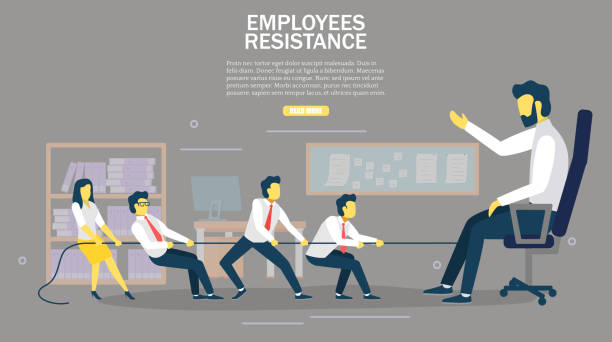The turnover rate plays a critical role in shaping a company’s culture and financial performance. High employee turnover can significantly impact everything from team cohesion to the bottom line. By understanding how retention influences these areas, businesses can develop more effective workforce strategies and create a more stable, productive environment.
How Employee Retention Drives Company Culture
The importance of employee retention cannot be overstated, as it is directly linked to the strength of company culture. High turnover rates can lead to a fragmented and unstable culture, while a stable workforce allows for deeper, more meaningful relationships among employees. Retaining experienced staff can reinforce a positive work environment, ensuring that the organization’s values and objectives remain clear and consistent.
Stability in Teams
Employees remaining in their roles for extended periods foster stronger teamwork. Colleagues become familiar with each other’s strengths and weaknesses, allowing them to collaborate more effectively. This stability enables teams to achieve goals more efficiently and helps create a sense of unity within the organization.
Knowledge Sharing
Experienced employees contribute valuable knowledge and expertise to their teams. Long-term employees are more likely to share their insights, train new hires, and mentor others. This culture of knowledge sharing leads to better decision-making and faster problem-solving.
Stronger Leadership
When employees stay longer, leadership within teams becomes more established. Employees who have been with the company for a while often move into leadership positions, bringing deep knowledge of the company’s values, processes, and goals. This consistency in leadership is crucial for maintaining a positive, productive work environment.
The Impact of Employee Retention on Profitability
Employee retention has clear financial implications. The cost of replacing employees is often significant, impacting both direct expenses and indirect outcomes such as lost productivity. High turnover can create ongoing financial burdens that reduce a company’s profitability, while focusing on retaining employees can help limit these costs.
The Financial Benefits of Retention
On the other hand, employees who remain with a company for extended periods tend to become more efficient and productive over time. With familiarity comes the ability to work more effectively, make better decisions, and contribute to the company’s goals more meaningfully. This increased productivity is one of the main financial benefits of retaining employees.
Customer Retention and Loyalty
In industries that rely on relationships with clients or customers, having long-term employees can improve service consistency. Employees who understand client needs and expectations are better positioned to maintain strong, lasting relationships. This can lead to improved customer satisfaction and retention, which are essential revenue drivers in many businesses.
How to Improve Employee Retention
Organizations aiming to improve retention must consider several factors influencing an employee’s decision to stay or leave. These include workplace culture, compensation, opportunities for growth, and overall job satisfaction.
- Offer Competitive Compensation and Benefits: Employees who feel valued are more likely to stay with a company. Offering competitive salaries, health benefits, and incentives can help retain top talent.
- Invest in Employee Development: Offering opportunities for growth and career advancement shows employees that the company is invested in their future, which can encourage them to stay longer.
- Create a Positive Work Environment: A positive, supportive, and inclusive work culture can significantly improve retention. Employees who feel appreciated and respected are likely to stay with the company.
- Recognize and Reward Achievements: Recognition goes a long way in improving employee morale. Acknowledging and rewarding hard work helps employees feel valued and motivated to stay with the company.
The importance of employee retention directly impacts both company culture and financial outcomes. High turnover disrupts teams, drives up costs, and hampers continuity, while strong retention fosters stability, knowledge sharing, and increased productivity. Prioritizing the importance of employee retention can lead to long-term growth, higher employee morale, and sustained business success.

